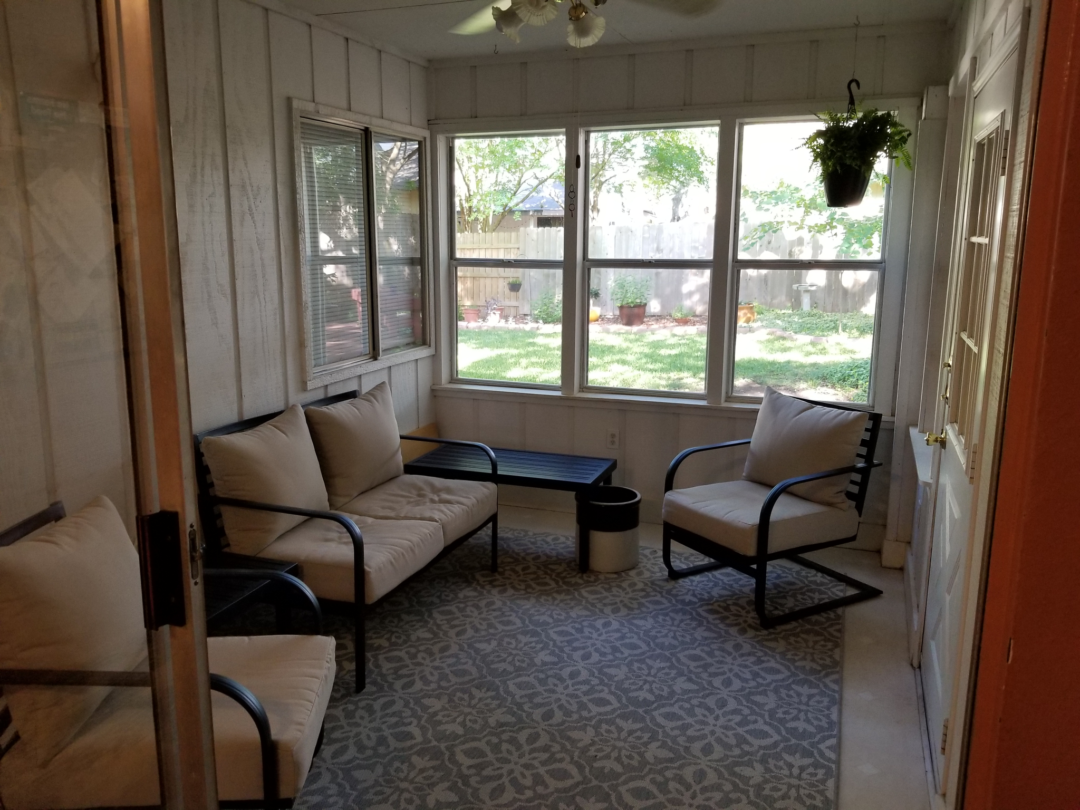I’ve been a little under the weather this past week, which means I’ve been relying on my husband Mike more than I normally do. We have a partnership of 27 years, and a marriage of almost that long, which depends on each of us shouldering our share of the load—but I think it’s good to be reminded that our ability to lean on each other is still intact.
You’ll notice that I made a distinction between marriage and partnership in that first paragraph. Partly, this is because my husband and I haven’t been married as long as we’ve been a team. But more importantly, this is because partnership doesn’t magically appear when marriage begins. It’s a daily practice.
This was a distinction I could never make my mother understand. Anytime she said something like You’re so lucky that Mike helps you out around the house, I’d respond by saying That’s not luck. I wouldn’t have married someone who expected me to take care of the house myself. Similarly, when I told her of an event I’d attended and she noted It was nice of Mike to babysit the kids so you could go, I pointed out that Mike was their father, not their babysitter. He took care of his children. That’s what fathers do.
My mom was part of a generation of women who felt it was unfair to ask anything more of a husband who was providing an income and keeping the family home in good repair. Everything else—cooking, cleaning, laundry, childcare, chauffeur duty, grocery shopping, back-to-school shopping, parent-teacher conferences, holiday preparation, home décor, etc.—rightly fell to her. I had the kind of dad who chipped in on chauffeur duty and childcare occasionally, but I’m sure that was treated as a favor, not a balancing of the scales.
That isn’t partnership. It’s a gendered division of labor that takes no individual person (or family) into account. And it’s anything but fair.
The partnership I practice with Mike has been at the center of every decision we’ve made together. It relies on the fact that we respect both each other’s strengths and weaknesses and each other’s preferences. In the early years of our marriage, before we had children, we went so far as to mow the lawn together—a job that neither of us loves—swapping off a glass of iced tea and the lawnmower every few laps around the yard. This seemed like the only fair way to make sure neither of us got stuck doing the job we both dislike.
Once we decided to have children, however, we realized a different strategy was in order—we needed to be able to divide and conquer. Mike now mows the lawn on his own, but I take care of choosing and tending the landscaping plants in our yard. Mowing is still not a chore Mike enjoys but, given the choice, he’d rather mow than figure out how to salvage a dying shrub.
Similarly, I do not enjoy housekeeping—but I do my part of the vacuuming, sweeping, mopping, scrubbing, and dusting, even when I feel like the house could go a little longer between cleanings. I do this because I know a messy house drives Mike crazy, and the fact that I have a higher threshold for clutter doesn’t mean it’s all right to minimize his feelings or expect him to shoulder more of the load.
We share some small jobs—when the laundry basket is full, one of us throws it in the machine—and we do bigger jobs together. Not every task in our lives is assigned. So I’m stunned when I hear someone my own age echoing the things my mom used to say, or asking Mike how close he is to completing his “Honey-Do List.” I tend to forget that gendered expectations of marriage weren’t only part of my parents’ generation.
Partnership doesn’t arise from one person giving orders and another following them, no matter who takes on either role. It requires committing to a constant practice of finding the balance between giving and receiving, and doing both with a generous spirit.
When I apologized, last week, for the fact that Mike had to interrupt his regular schedule to help me out, he said, “Are you kidding? It’s my privilege to be the person who takes care of you.”
I thought then about my mom, who struggled with serious illness later in life, and how she’d pointed out to me—more than once—that she was lucky my dad stuck around to care for her. Later, when he was ill for many years, she never once pointed out how lucky he was that she stayed by his side. And I thought about how quickly her life fell apart after he passed away, when wasn’t there to hold the world together for her.
I’m grateful to have lived my adult life in a partnership. It transcends the good luck that brought Mike and I together but, more importantly, it requires our independence while putting a priority on the balance that allows us to lean on each other once in a while, without being worried about what will happen when we do.





No Comments